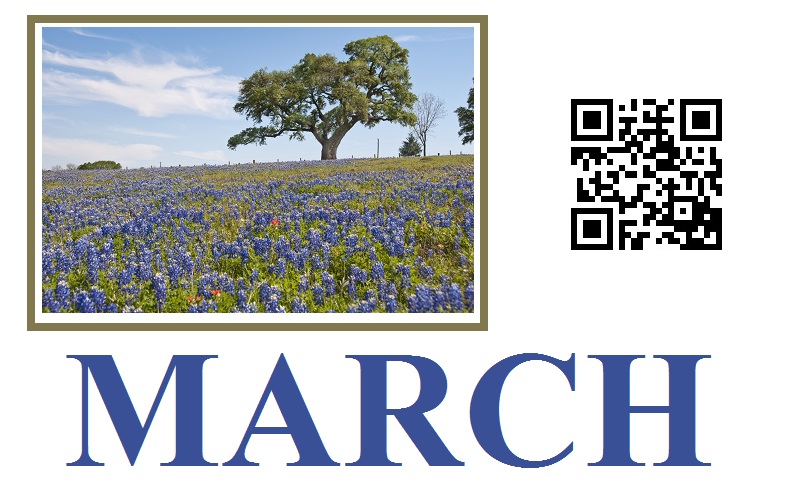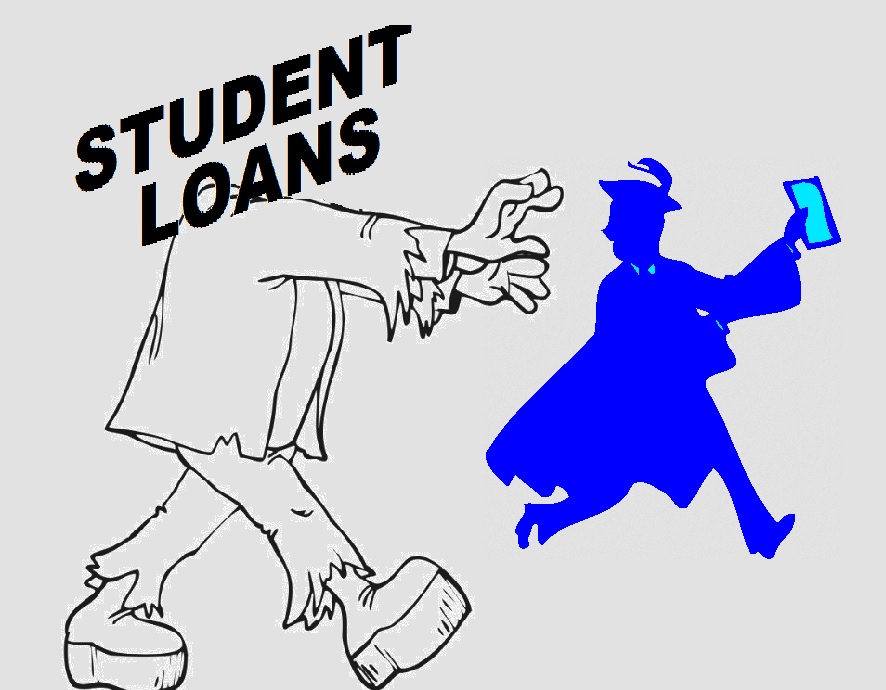Thanks to all the great companies and people that are following us on Twitter! Our Executive Vice President, Ro Royall (@BEB_Ro) reached 200 followers this week!
THANK YOU!


 We were reviewing our website statistics and found that 11.5% of our website hits come from our blog!
We were reviewing our website statistics and found that 11.5% of our website hits come from our blog!
Most read blog (to date) is the Fairness for Struggling Students Act (posted on April 24). Coming in at a close second is the blog on our recent Graphic Excellence Award win, posted on March 15. Rounding out the top three most popular posts is our Ro Royall at the Houston Zoo Partners Summit.
Some other interesting stats include:
* 21.7% come from our sister company’s wesbite bebtexas.com
* 11.7% come from Twitter
* 5% come from LinkedIn
* 2.1 % from the QR codes on our 2013 Calendar landing pages
January
February
March
April
May
US Senators Dick Durbin (D-IL), Tom Harkin (D-IA) and Al Franken (D-MN) are reintroducing the Fairness for Struggling Students Act of 2013 in an attempt to address issues surrounded the growing student loan debit crisis. Sources report student loan debt among college students surpasses $1 trillion last year and approximately $150 billion of outstanding student loan debt is in private loans.
The Fairness for Struggling Students Act proposes treating privately issued student loans in bankruptcy the same as other types of private debt. Since 1978, only government issues or guaranteed student loans have been treated as non-dischargeable during bankruptcy in order to safeguard federal investments in higher education. In 2005, the law was changed to give private loans the same privileged bankruptcy treatment as government loans, even though they have vastly different terms and fewer consumer protections.
 The differences between private and federal student loans is distinct. Federal loans have fixed interest rates and offer consumer protections, deferment and forbearance in times of economic hardship, as well as manageable repayment options.
The differences between private and federal student loans is distinct. Federal loans have fixed interest rates and offer consumer protections, deferment and forbearance in times of economic hardship, as well as manageable repayment options.
Private student loans often resemble credit cards rather than financial aid with uncapped variable interest rates, large origination fees and few consumer protections. Private loans are ineligible for federal forgiveness, cancellation or repayment programs.
If the Act is passed, private student loans will once again be dischargeable in bankruptcy.
 Be sure to scan the QR Code located on your BEBdata Interactive Calendar to see where it takes you! Or you can click here too.
Be sure to scan the QR Code located on your BEBdata Interactive Calendar to see where it takes you! Or you can click here too.
 An interesting article on BK and student loans from Steve Rhode’s blog. He says 4 Out of 10 people were able to discharge student loans in bankruptcy — but most never try. Read more here
An interesting article on BK and student loans from Steve Rhode’s blog. He says 4 Out of 10 people were able to discharge student loans in bankruptcy — but most never try. Read more here
 A recent FTC Bureau of Economics study says that 5% of US Consumers have errors on their credit reports that can hike the cost of credit. Interesting article from NBC here.
A recent FTC Bureau of Economics study says that 5% of US Consumers have errors on their credit reports that can hike the cost of credit. Interesting article from NBC here.
Other countries such as Canada, Sweden and Australia have reduced their Saturday services with a positive impact.
The bold move raised immediate legal questions in Washington as some lawmakers claim that Congressional approval is required. Earlier attempts to change the current law have been met with objections and delays from Congress driving the USPS to make the change on their own.
Washington’s mandate, imposed solely on the USPS, to pay over $5 billion a year for health benefits to future retirees remains a central point of contention and a driving factor to make radical change.
The decision to end Saturday delivery may be ultimately blocked by an act of Congress however, the announcement moves postal overhaul legislation to the forefront. We’ll keep you posted on the latest as it happens.
 Be sure to scan the QR Code located on your BEBdata Interactive Calendar to see where it takes you! Or you can click here too.
Be sure to scan the QR Code located on your BEBdata Interactive Calendar to see where it takes you! Or you can click here too.